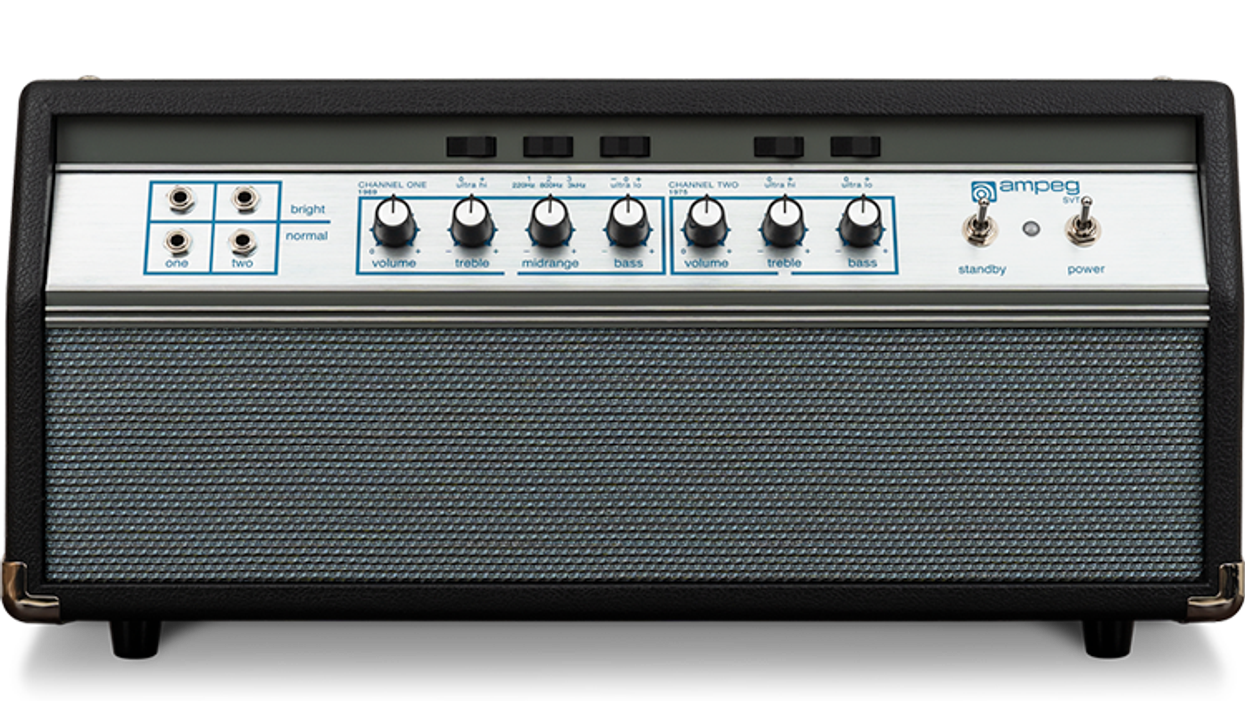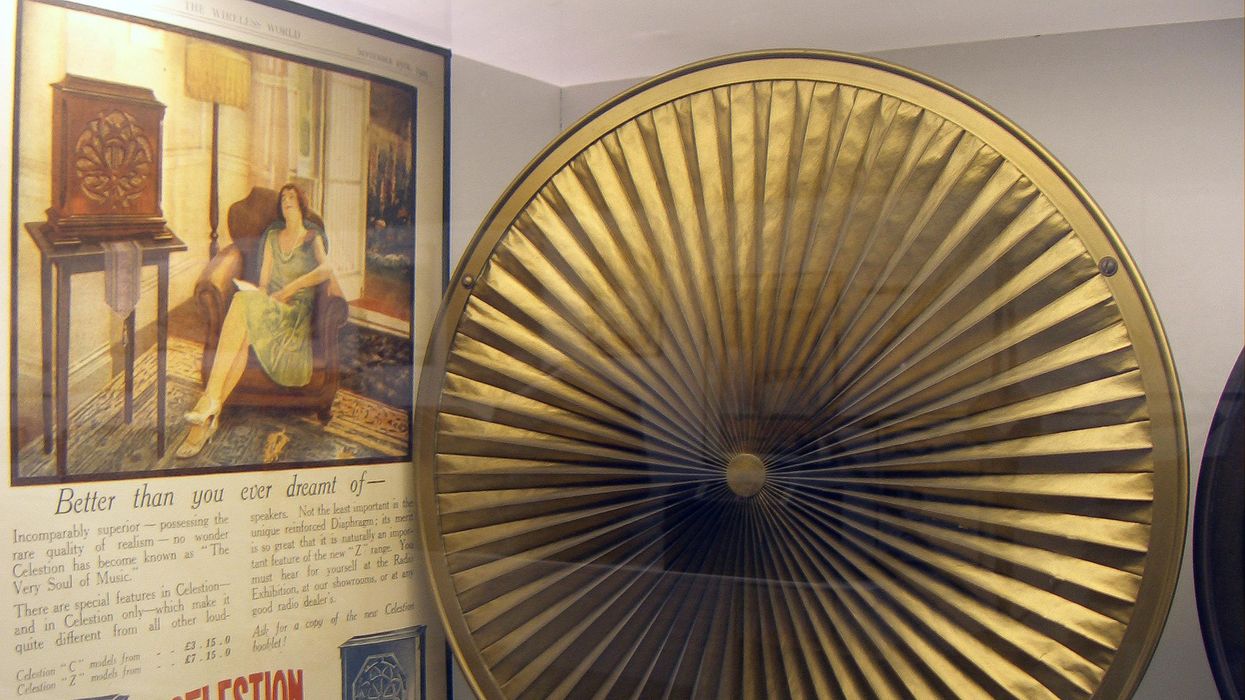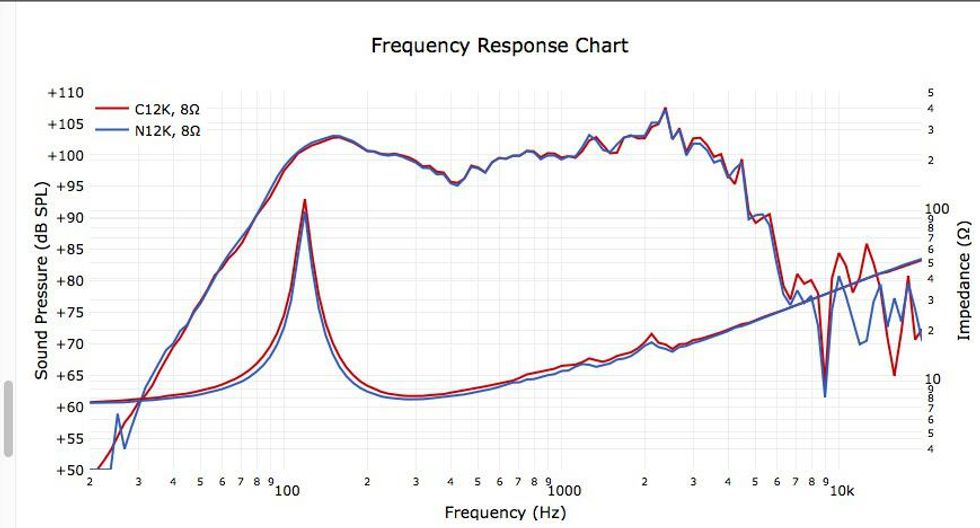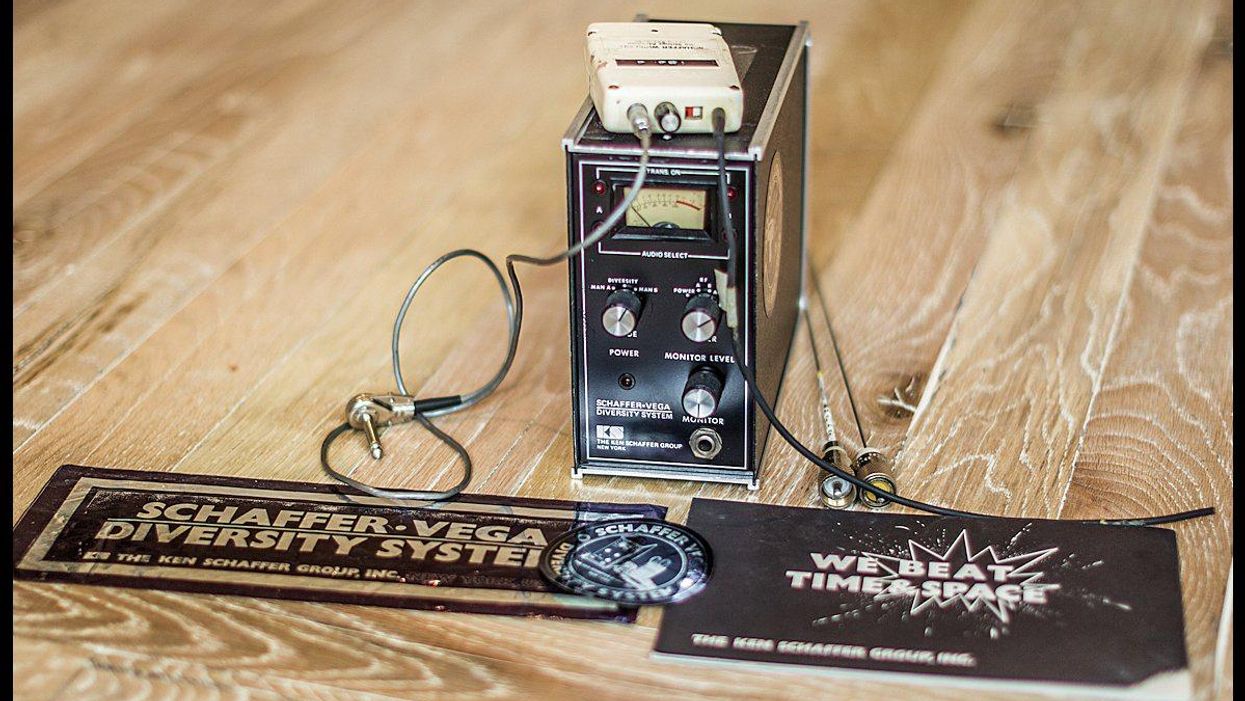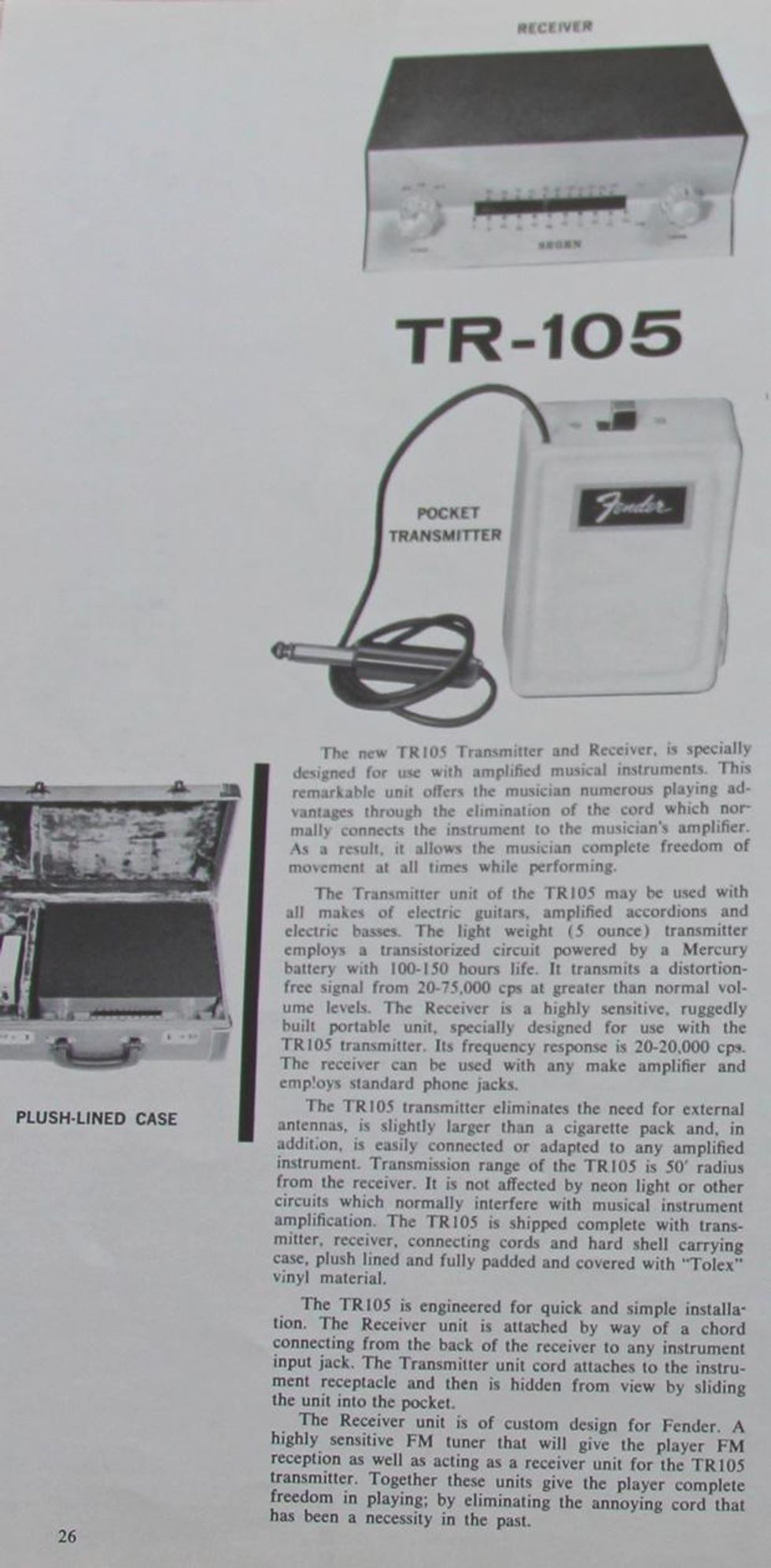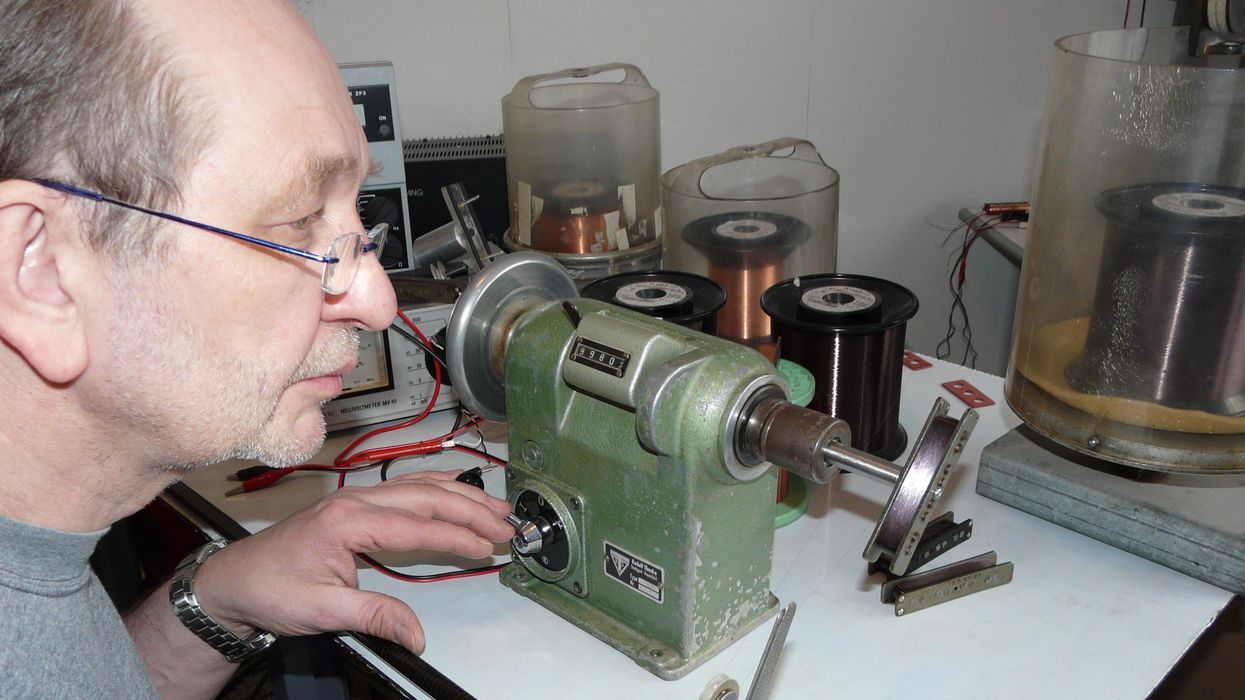In recent months, we’ve explored neck relief, setup, pickups, and many other details about the tools we bassists use to make music. As important as it is to understand our gear, in the end it’s all about achieving a great feel and sound. That seems straightforward, yet it can be a journey of a lifetime. As we each claw our way toward this squishy goal, we’re bound to wonder: Is there at least a strategy to help us move in the right direction?
Here’s a simple answer: Don’t waste your time reading anything that implies it will give you a short, universal guide to great tone.
There is no one-size-fits-all solution, no single recipe that applies to everyone. This should be a simple, self-evident truth, yet articles pop up all the time promising to reveal the secret shortcut to standout sound. Guides like this can only make sense if the number of parameters is strictly limited. Think of everything that’s involved on any given gig: The state of your hands, the type of strings, the instrument, your amp and speakers. The room acoustics. Your fellow guitarists’ volume and tone, and the size of the drummer’s kick and toms. The band’s booze level. Your personal mood. The list is endless, and so is the number of paths you can take to achieve stellar tone.
One way to learn about sound is to study the tonal evolution of players you admire. After all, they most likely worked through the same problems as everyone else. The way they solved them might not be a perfect fit for you, but at least their journeys might steer you away from known pitfalls or perhaps inspire you to try something new.
I recently had the opportunity to interview Deep Purple’s Roger Glover—a bassist with one of the most successful and longest careers in rock. My preparations included reading many of his previous interviews, and in the process, I discovered something surprising: His search for tone lasted almost 30 years. Imagine having played on massively successful records and tours, and being an icon for a generation of bassists, yet not liking the sound of your tracks in the studio and being dissatisfied with how your bass projects onstage. That was Roger’s experience for nearly three decades.
He describes himself as a simple player with no technical background, so to improve his tone, his strategy was to keep trying whatever manufacturers offered—and there were many. Of course, this only works when (a) money isn’t an issue and (b) manufacturers are willing to jump through hoops just to get you to try their wares. Lacking these criteria, you’ll need another plan. For most of us, it comes down to practice, study, and always a lot of work.
Roger is an old-school low-ender who started with a P bass and did his most famous work running a Rickenbacker through Marshall stacks. It’s very likely that the instruments he was offered over the years were technically quite similar. (As a luthier, you wouldn’t hand him an active 7-string and blow your once-in-a-lifetime chance to hear him play your handiwork.)
Today he plays an active bass with a 3-band EQ into a non-tube amp driving highly engineered 4x10 cabs. That’s far different from what he started with, which illustrates my point: To find the holy grail, you need to be willing to strike out on new trails and let go of your initial beliefs. In Roger’s case, being 72 means he’s had time to explore many options. No doubt he has also learned to separate fads from those critical details that define his bass tone.
So whenever you see another headline touting shortcuts to greatness, skip the read. Of course, I’m glad you kept reading this through to the end, despite the headline. Good luck on your quest!


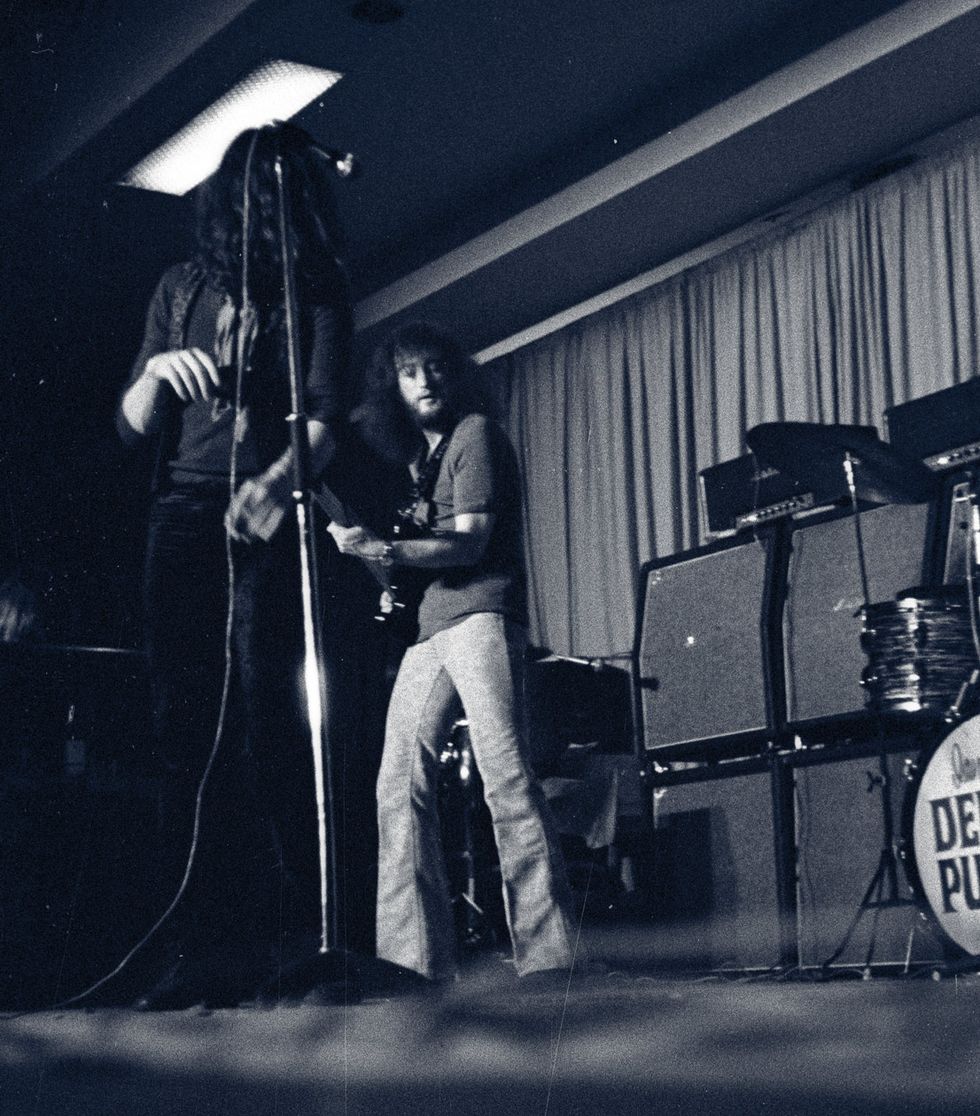



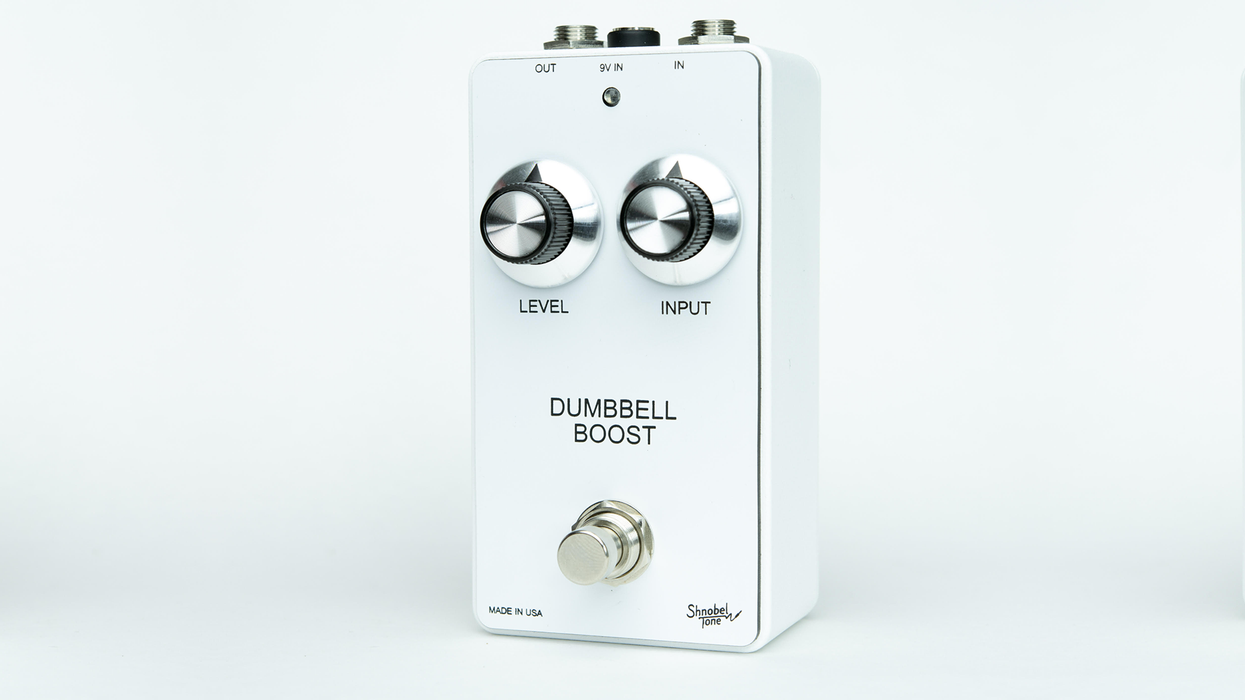

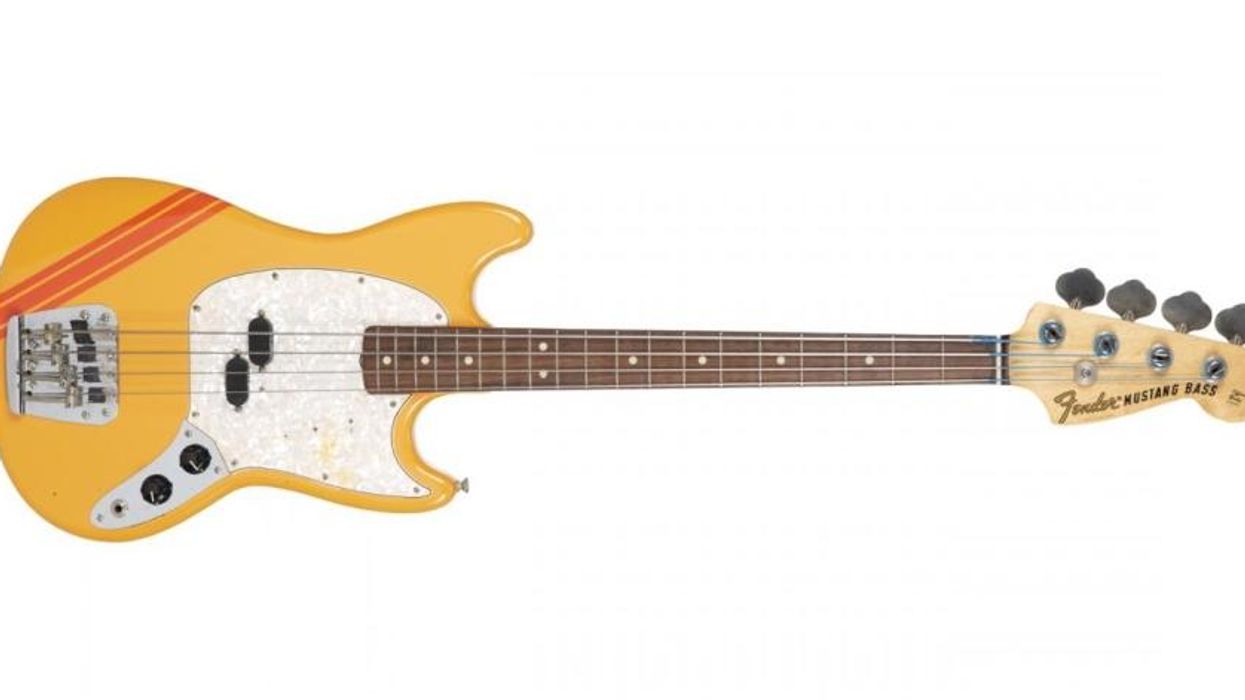



![Rig Rundown: Russian Circles’ Mike Sullivan [2025]](https://www.premierguitar.com/media-library/youtube.jpg?id=62303631&width=1245&height=700&quality=70&coordinates=0%2C0%2C0%2C0)



